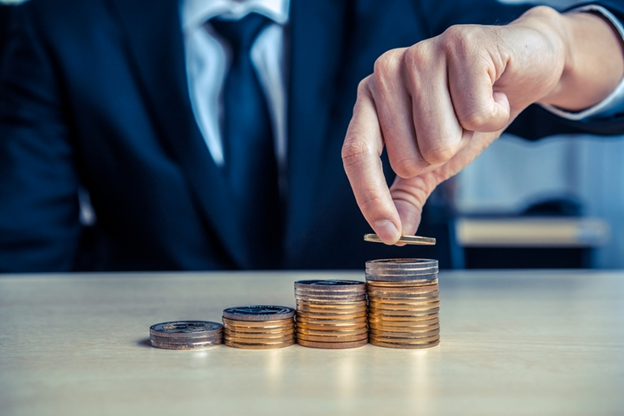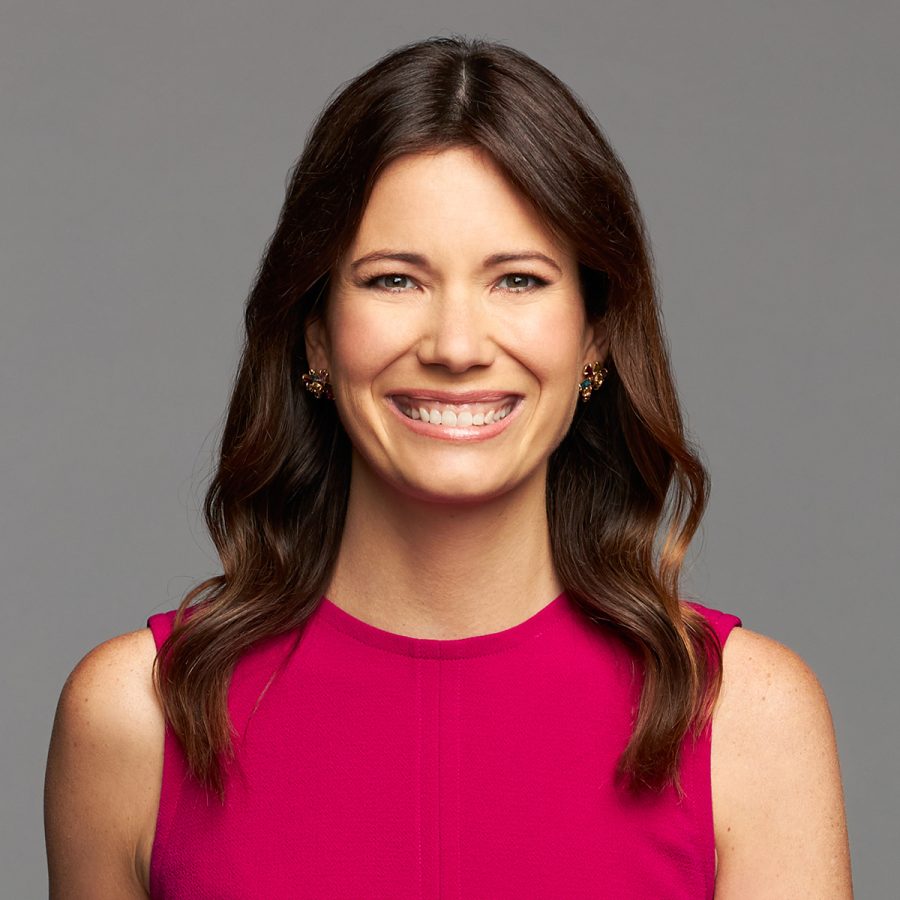Seeing a large balance in your checking account can be satisfying, but keeping too much there might not be the smartest financial move. It could tempt you into spending more than you should, and since checking accounts often have minimal interest rates, your money won’t grow much. Here are 7 signs that suggest you might be keeping too much money in your checking account and what to do about it:
Your Emergency Fund Is Full
Having a complete emergency fund is a positive indicator, but it can also mean you might be holding onto more cash than necessary.
Typically, an emergency fund should cover around six months of expenses and be kept in a secure, easily accessible place like a high-yield savings account.
Smart Ways to Use the Surplus
Once you’ve achieved this milestone, it’s easy to fall into the habit of letting extra funds linger in your checking account. However, there are smarter ways to utilize that surplus.
Financial planner Marci Bair of Bair Financial Planning in San Diego, California suggests moving any additional money into Certificates of Deposit (CDs) and then diversifying with a balanced investment portfolio.
You’re Experiencing Changes in Your Finances
For anyone who’s recently tightened their financial belt or seen an increase in income, the habit of leaving money in a checking account for easy access is common. However, with the advent of mobile banking technology, monitoring finances has become more accessible than ever.
Modern Banking Features to Consider
Many banks offer robust mobile apps and sophisticated digital money management tools. If a current bank doesn’t provide these advantages, it might be time to consider switching to a new bank that does, allowing for better financial oversight without the need to keep everything in the checking account.
You Don’t Have a Plan for Your Savings
If you’re without a strategy for your savings, chances are your money will just sit in your checking account, unused and unproductive. That’s not the most effective approach to increasing your wealth.
Crafting Your Savings Strategy
A better move is to figure out how much you want to allocate towards each of your financial targets. Then, set up an auto-transfer from your checking to your savings, retirement, and investment accounts monthly.
Having a plan turns your aspirations into tangible outcomes, allowing you to save adequately while also funneling funds towards further goals and growth chances.
Opportunities Are Passing You By
If your checking account is well-stocked but you’re not tapping into benefits like your employer’s 401(k) match, it’s a sign you might be sitting on more cash than necessary.
Free Money with 401(k) Matches
An employer’s match on your 401(k) contributions, often up to a certain percentage, essentially amounts to “free money.” Redirecting some of your checking account surplus to your retirement savings could significantly enhance your financial future.
The Advantage of Health Savings Accounts
Alternatively, you might not have explored other savings or investment avenues, such as a health savings account (HSA). HSAs offer tax advantages for qualified health expenses and allow for rollover of funds year after year, doubling as a tool for supplemental retirement savings down the line.
HSAs for Future Savings
If you’re eligible for an HSA through a high-deductible health plan, funneling excess cash from your checking into an HSA could prove more beneficial in wealth accumulation than letting it sit idly.
You’re Overlooking Important Financial Goals
Ignoring your financial objectives, especially retirement, when you have the funds to support them is completely different from being unable to due to financial constraints. If you notice your checking account balance increasing while your IRA, 401(k), or savings accounts remain untouched, this could indicate you’re allocating too much to your checking.
Understanding Compound Interest
The power of compound interest means that the sooner you start saving for retirement, the better. If you’re in a position to save, aim to move your money into accounts where it can start working for you right away.
Easy Savings with Automatic Transfers
An effective way to ensure this is by setting up automatic transfers from your checking account or arranging for a portion of your paycheck to be directly deposited into your retirement or savings accounts.
You Aren’t Expecting Any Significant Expenses Soon
Getting into the habit of reserving extra cash in your checking account for upcoming expenses, like buying new tires for your car, is practical if you have a specific purchase in mind. It simplifies the process, allowing you to leave the funds there until needed. However, it’s worth reviewing your financial situation to confirm whether such an expense is on the horizon.
Handling Surplus in Checking Accounts
If there’s no significant expenditure coming up and you find yourself with a surplus in your checking, transferring some of that money to a high-yield savings account is a wise choice. Moreover, one of the risks of maintaining a high balance in your checking account is the temptation to overspend.
You May Spend More than Planned
This risk increases if your income has recently gone up and you haven’t yet allocated your additional funds towards specific financial goals or savings. Money in a checking account is more accessible and can lead to spending more than planned without careful budget management.
You’re Concerned About Missing Financial Gains
With the average checking account interest rate sitting at a mere 0.07% according to the FDIC, it’s clear that these accounts don’t offer much in terms of growth.
Choosing High-Yield Savings
This rate is significantly lower than what you could earn from a high-yield savings account, where interest rates can reach up to 5.5%. And this isn’t even taking into account the potential 10% average annual return from the stock market, which makes retirement accounts or other long-term investment options far more lucrative.
You Could Be Leaving Money On the Table
By leaving your money in a checking account, you’re missing out on a chance for more significant growth. If you’re not okay with that, moving your money might be the right move.
Marci Bair mentions that many clients don’t realize they have too much in their checking accounts until they see the low interest they’re earning compared to what’s possible, leading to a decision to transfer funds to accounts with higher yields.





